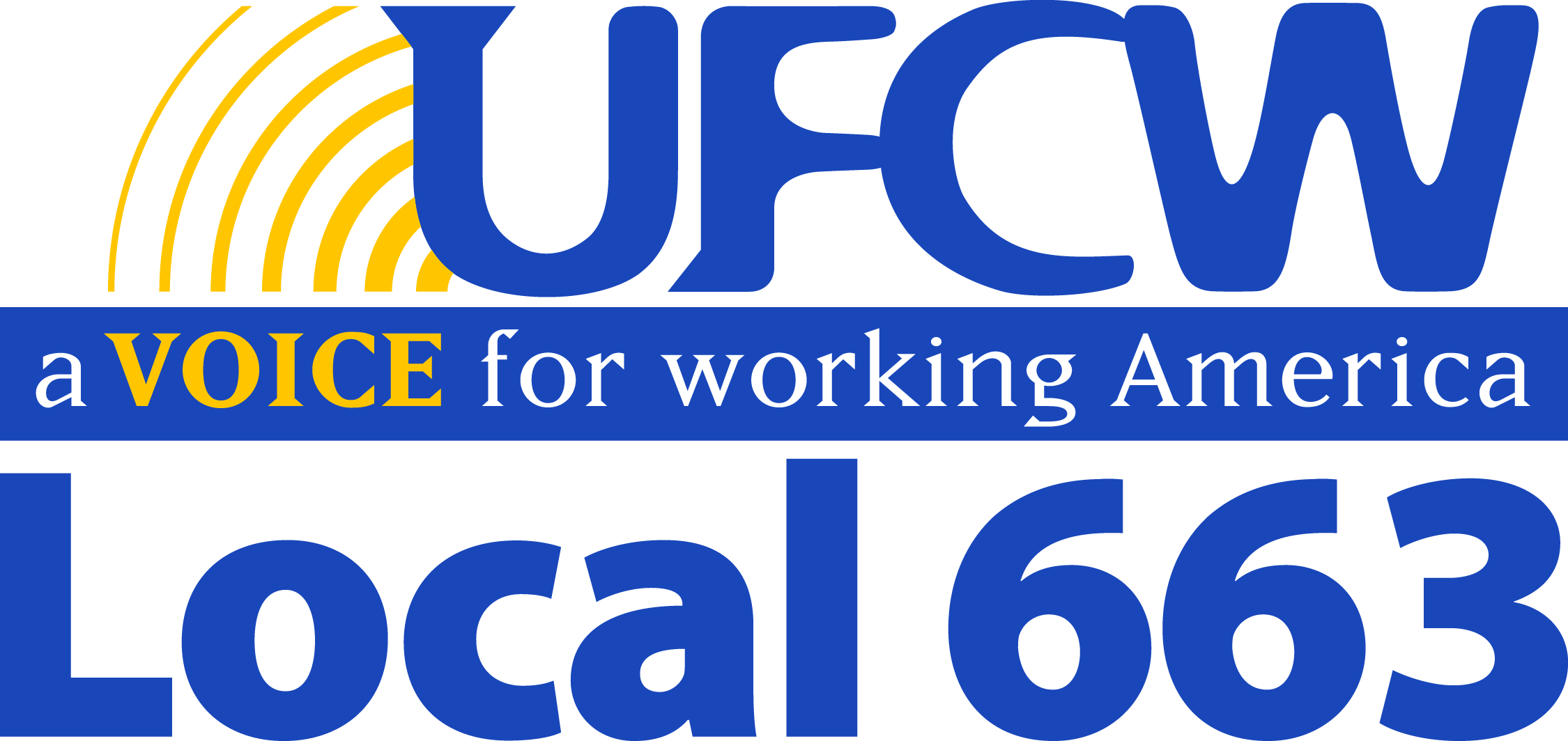Sudden cardiac arrest (SCA) is a life-threatening emergency. It happens when the heart stops beating suddenly and is the third leading cause of death in the United States. SCA can happen to anyone and is often fatal without immediate medical attention, the survival rate dropping 10% for each minute untreated. October is dedicated to raising awareness and educating people on what to do. These actions could save a life.
While anyone at any age can suffer from SCA, the most common cause is heart arrhythmia called ventricular fibrillation. This condition affects about 70 percent of cardiac arrest victims. Other risks include:
- History of heart attack or heart disease
- High blood pressure
- High cholesterol
- Obesity
- Diabetes
- Smoking
- Inactivity
- Substance abuse
- Blow to the chest
- Heart muscle inflammation
Sometimes there are warning signs that can happen an hour or even weeks prior to SCA that can include chest pain, shortness of breath, lightheadedness, and palpitations. However, SCA can occur with no symptoms. Signs that someone may be in cardiac arrest are sudden collapse, loss of consciousness, not breathing or gasping for air, unresponsive or no pulse. It is important to know when someone may be in cardiac arrest so they can receive medical attention right away. These are the emergency steps to follow when someone is in cardiac arrest:
- Call 911: Dial emergency services immediately to get expert help on the way.
- Begin CPR: Cardiopulmonary resuscitation (CPR) is crucial because it keeps oxygenated blood flowing to the brain and other organs. Push hard and fast in the center of the chest, about 100-120 pumps per minute and continue until emergency services arrive.
- Use an AED: An automated external defibrillator (AED) uses an electric shock to restart the heart and restore the normal rhythm. Use an AED if it is nearby and easily accessible.
According to the American Heart Association, nearly 90% of out-of-hospital cardiac arrests are fatal. Those who survive are likely to experience complications such as brain damage, reduced body function, and shortened life span.
There are lifestyle changes that you can do to help prevent sudden cardiac arrest including:
- Eating healthy
- Staying active and exercising regularly
- Do not smoke or use tobacco
- Get regular checkups
- Get screened for heart disease
- Control blood pressure and cholesterol
As a Local 663 member, you and your family members have access to TEAM, an employee assistance provider, at no cost to you. (800) 634-7710 | www.startwithteam.com
To ensure you receive all pertinent information, please update your address with the Fund Office, Wilson-McShane Corporation, when you move. To update your information, you may access the Change of Personal Information Form from the website www.663benefits.com. You may also call (952) 851-5797 or toll-free (844) 468-5917 to request a Change of Information Form.

